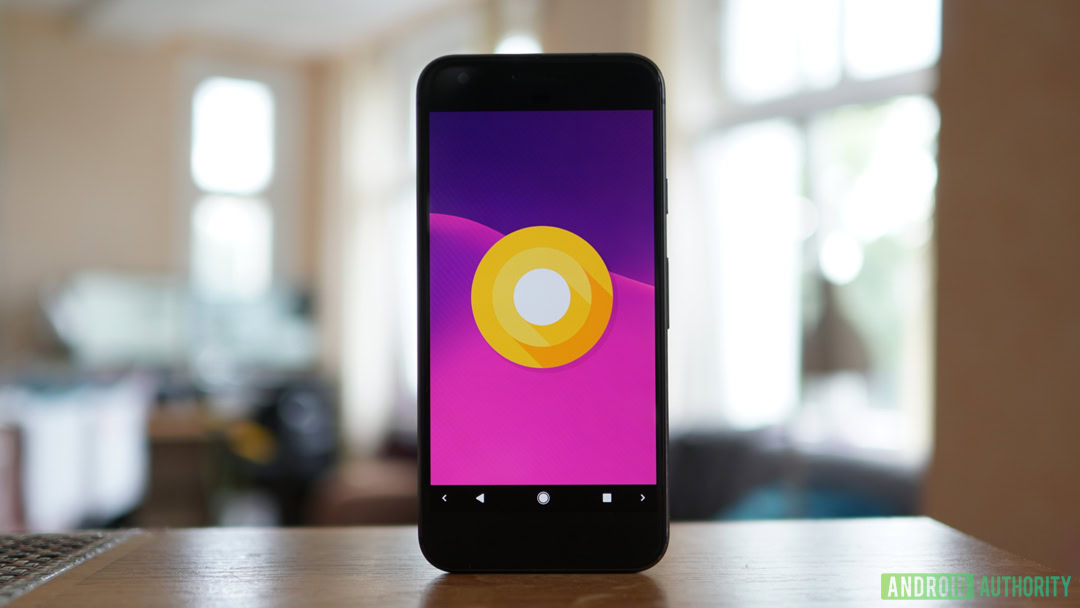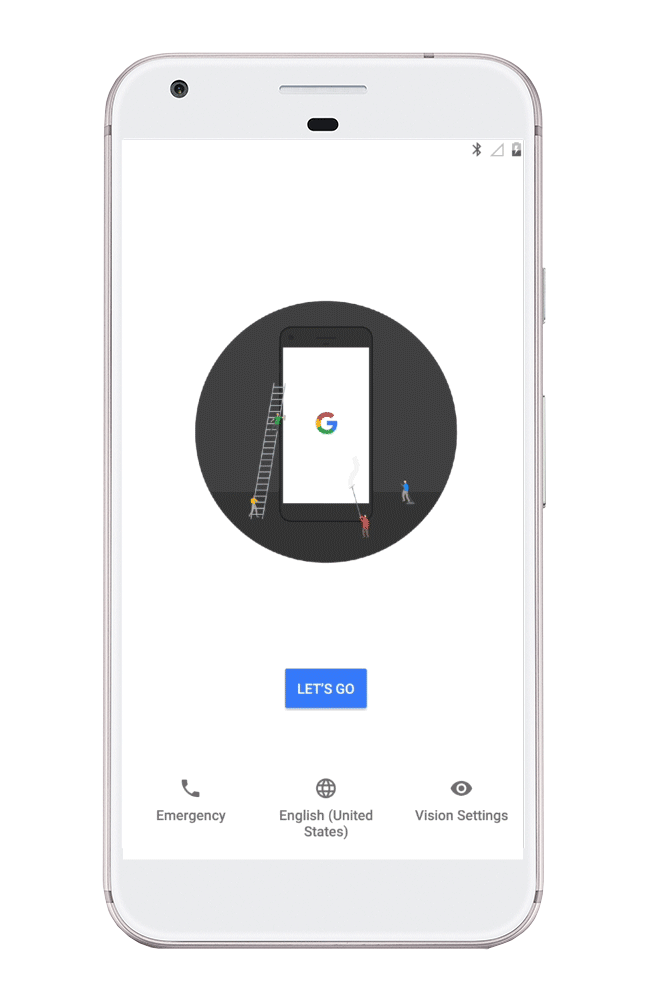Affiliate links on Android Authority may earn us a commission. Learn more.
Google announces zero-touch enrollment for enterprise customers

Setting up new devices in a work environment can be a long and tedious task. Each device must be taken through initial setup and then be weighed down with the relevant security protocols. Google is looking to remove this pain point for companies by launching a new deployment method called “zero-touch enrollment.”
Zero-touch enrollment sees supported devices show up at the door preconfigured. During the purchase process, companies can choose a leading enterprise mobility management (EMM) provider like VMware AirWatch, BlackBerry, MobileIron, IBM, SOTI, GSuite, or others. All you have to do is specify which EMM you want and the particular configuration. The device policies are then applied during initial setup. This is what the entire process looks like once the device gets to your door:

Starting today, Verizon Wireless will begin offering zero-touch enrollment on Google Pixel devices. The HUAWEI Mate 10, Sony Xperia XZ1 and XZ1 Compact will be the first non-Pixel devices to support the program, with more on the way soon. On the hardware front, Google says it’s working with Samsung, HUAWEI, Sony, LG, HMD Global, Motorola, Honeywell, Zebra, and Sonim right now on devices with additional OEMs to be added later. Samsung devices that ship with (or are later upgraded to) Android Oreo will also support zero-touch.
Over time, the scheme will roll out to other networks, too. Here in the states, AT&T, T-Mobile, and Sprint are all slated to participate. Internationally, BT, Deutsche Telekom, Softbank, and Telstra will join the zero-touch enrollment plan in England, Germany, Japan, and Australia respectively.
Do you think this new program will help sway businesses towards using Androids instead of iPhones in business settings? Let us know down in the comments what you think.